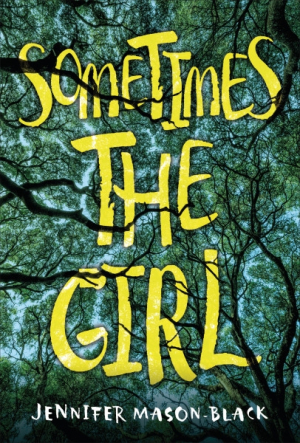Sometimes the Girl
In Jennifer Mason-Black’s lyrical novel Sometimes the Girl, a despondent young writer goes on an “archaeological study” in the attic of a dying Pulitzer winner.
To save for a trip to New Zealand with the ex-girlfriend she still loves, Holi takes a job cataloging boxes in elderly Elsie’s attic. Elsie is famous for a book she wrote seventy years prior. Holi feels rudderless after her brother Robin’s recent suicide attempt and the death of a close friend; the distraction of unveiling what transformed a promising young writer into a cantankerous old woman leads Holi to question all she knows about death, art, and love.
Holi is mature and reflective as she extricates knickknacks and secrets alike. She asks probing questions of Elsie and herself while living in denial of devastating truths that challenge her sense of self. She thinks she has writer’s block but composes lists of her observations like poetry; she keeps hidden an uncomfortable encounter with a mentor, noting “I didn’t lead him on, and that might be the scarier thing … because if it was something I did, then I could learn not to do it.”
The closeness of Holi and Robin endears, as do keen details that evoke an impeccable sense of place in their academic town. The prose is elegant and poignant: a party noisemaker “unfurls with an unmistakable snap,” while Elsie’s attic is “a tidy landfill … a microcosm of a civilization to be unearthed.” Holi also remembers the “the little bits of [Robin’s] death refused to return” with both fondness and regret.
Sometimes the Girl is a touching coming-of-age novel about healing and connection. Holi’s story models radical empathy, and its conclusion acknowledges that language is the only tool that may bridge the gap between people who seek to understand each other.
Reviewed by
Aimee Jodoin
Disclosure: This article is not an endorsement, but a review. The publisher of this book provided free copies of the book to have their book reviewed by a professional reviewer. No fee was paid by the publisher for this review. Foreword Reviews only recommends books that we love. Foreword Magazine, Inc. is disclosing this in accordance with the Federal Trade Commission’s 16 CFR, Part 255.

